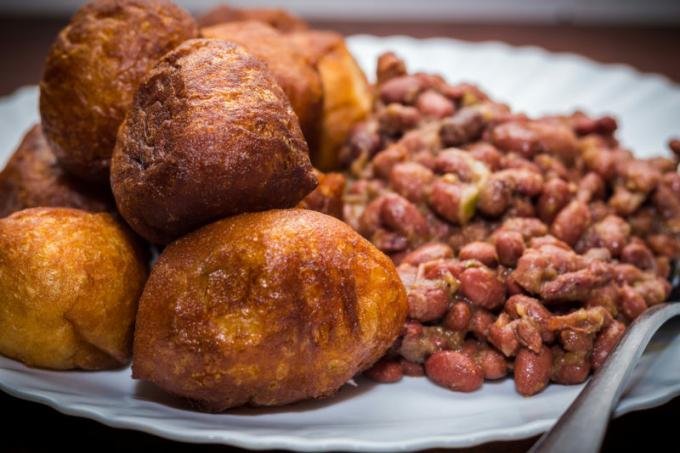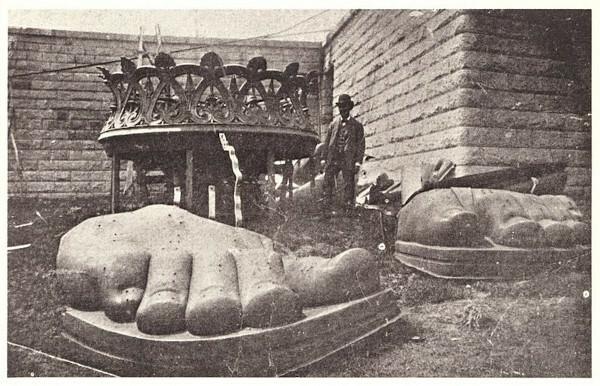A New Quota Policy was sanctioned by President Lula today, November 13th. After 10 years of Law No. 12,711/2012, which established the reservation of vacancies in Brazil, its text was reformulated.
The main changes are the inclusion of quilombolas in groups with access to quotas, the change in socio-economic criteria and the participation of quota holders in the broad competition category before applying for the reserved places.
The bill responsible for the change was authored by the deputy Maria do Rosario and had the report in the Senate made by senator Paulo Paim. In order to better understand the changes in legislation, we went to talk to the project's rapporteur in the Senate, Paulo Paim. See what we discovered.
What changes with the new Quota Law?
We asked the senator what were the main transformations that came with the new Quota Law, he said:
The report included people with disabilities, poor public school students, indigenous, black, white, mixed-race and quilombola students. He also improved the social quota law on several points, such as reducing per capita income to a minimum wage; guaranteed student aid for the most vulnerable students; extended affirmative actions to postgraduate programs, among others.
Paulo Paim said that one of the objectives of the quota policy is eliminate historical obstacles that restrict certain communities’ access to education. Therefore, the strategies extend beyond the method of entry into higher education and provide for continuity actions.
According to the senator, the main goal of the new Quota Law is to include public school students in federal educational institutions. He stated:
We need to combat inequality in access to public education. Quotas are one of the greatest instruments to combat this inequality.
Check out the images taken by Ministry of Education (MEC) to present the New Quota Law:
Do not stop now... There's more after the advertising ;)


The reason for the changes in the new Quota Law
We asked the senator why he included quilombolas in the Quota Law, he said that members of quilombos need to be effectively included in education. Well, there are communities that deal with lack of basic conditions and it is education that can change this reality.
The legislator also gives, as an example, the University of Brasília (UnB), which already has affirmative policies aimed at quilombola populations.
We also asked the senator why the limit for accessing reserved places was lowered, previously the ceiling was 1.5 minimum wage per person is now just one. Paulo responded that the objective of this decision was to provide access for poorer students.
The senator explains that if the student is a public school student, he continues to be entitled to quotas, even if his family income exceeds the established limit.
What effects did the old quota policy have?
To understand the relevance of the Quota Law, we asked the senator what consequences could already be observed from the old Quota Law. He highlighted that before the legislation only6% of universities were made up of poor, vulnerable, indigenous, black and people with disabilities.
With the implementation of the policy, this number rose to 40%. He also commented on a study carried out by the Federal University of Rio de Janeiro (UFRJ) which indicates that, before 2012, 70% of federal universities already adopted some affirmative action.
Paulo Paim concludes by stating:
So the policy of social quotas changes lives, changes the face of federal institutes, federal universities and changes the dynamics of social mobility in Brazil.



